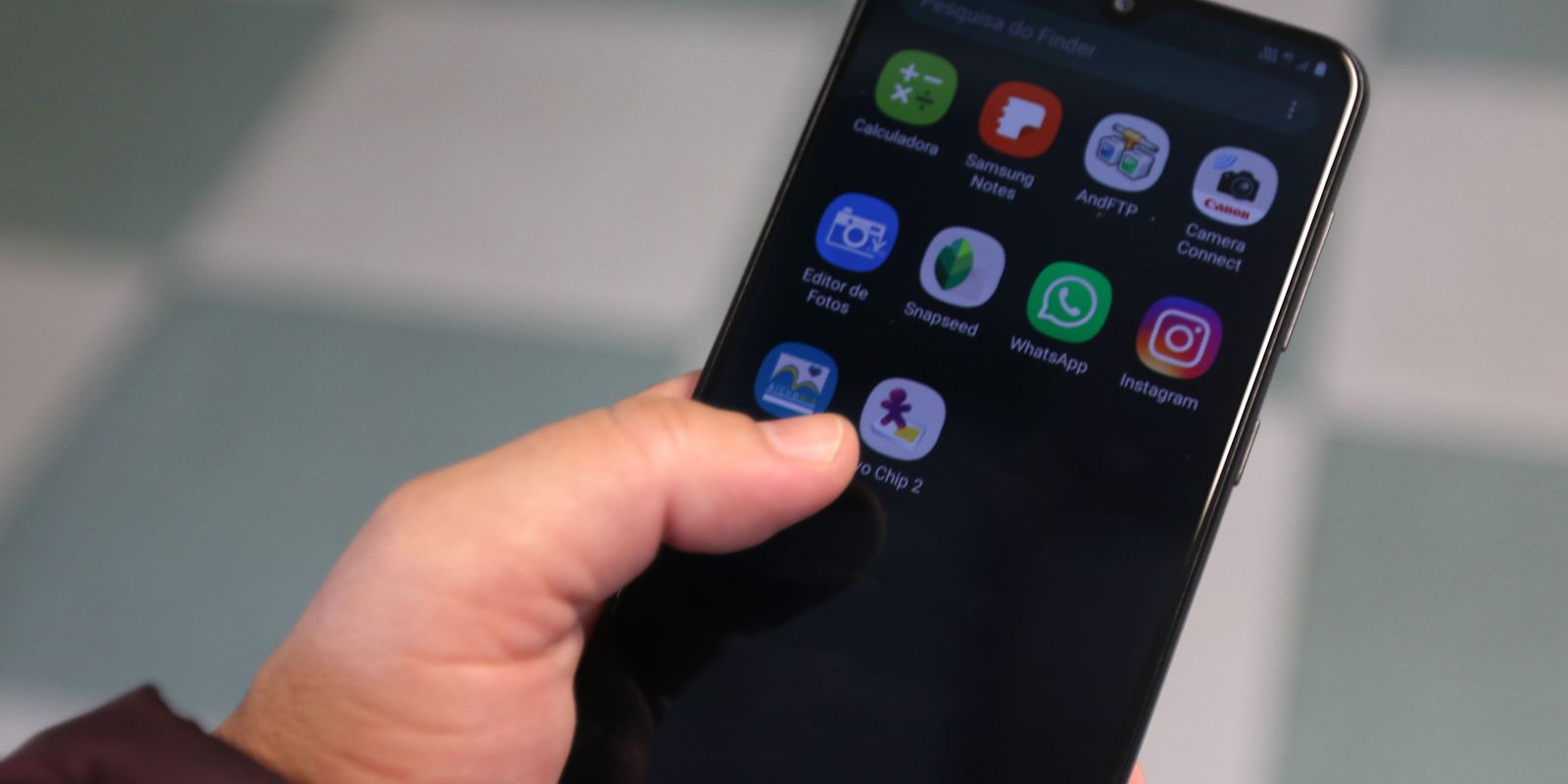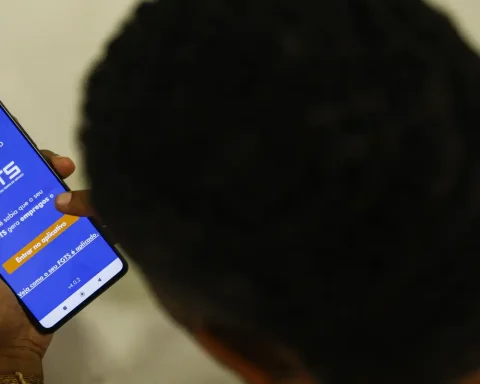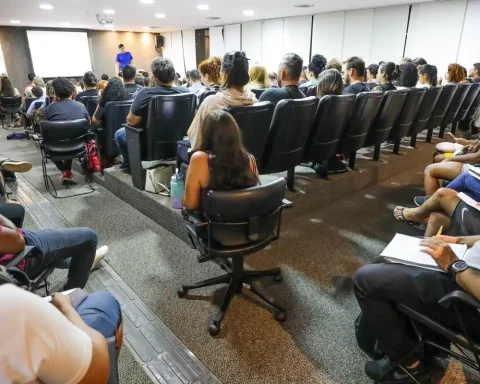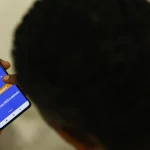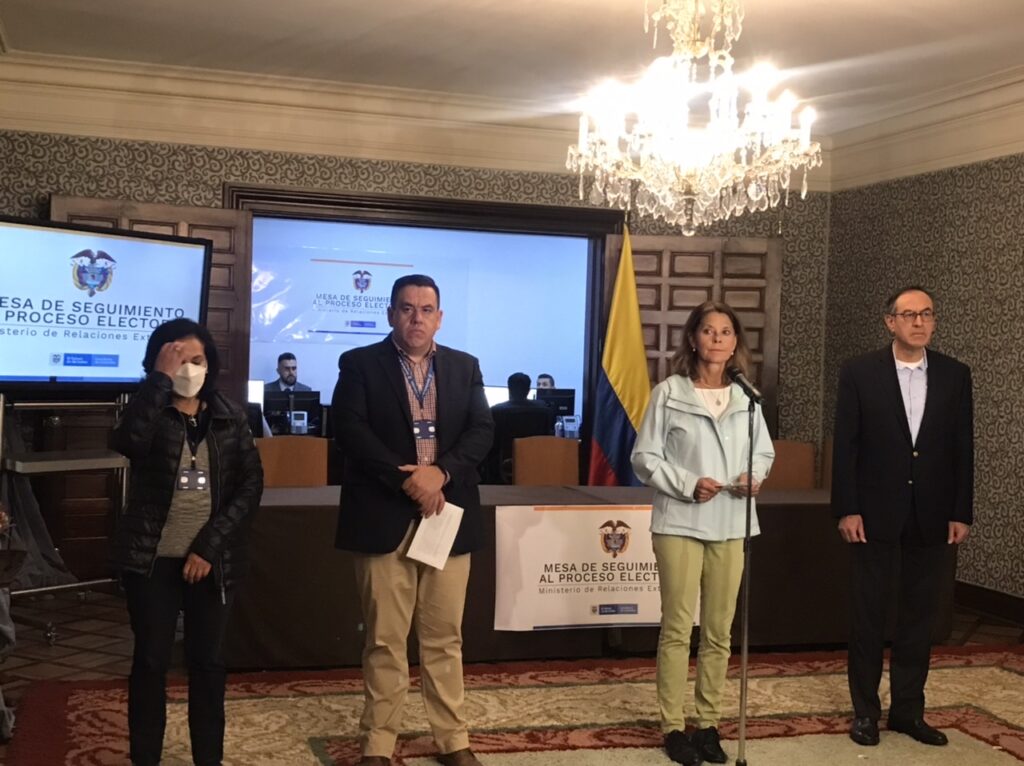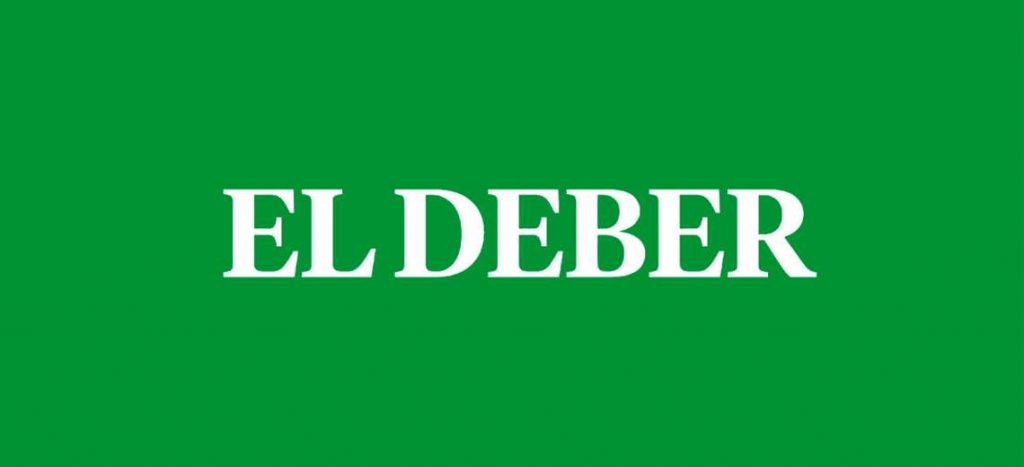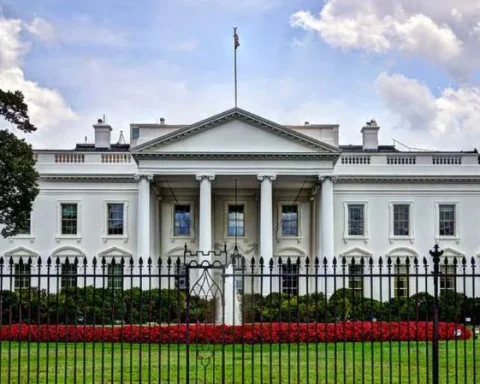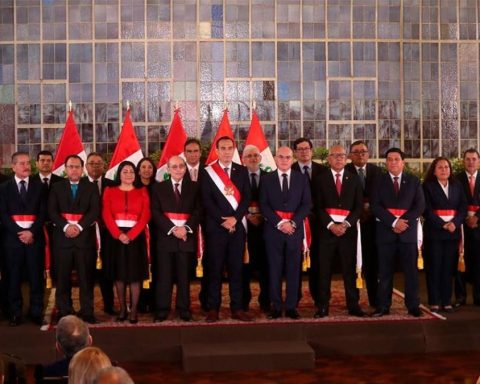Tectoy will have to explain, in five days, starting this Monday (23), the reason for selling the Powerbank XCharge cell phone battery without approval from the National Telecommunications Agency (Anatel). “If you do not provide convincing clarifications to the National Secretariat for Consumer Protection, of the Ministry of Justice and Public Security, the company will have to pay a daily fine of R$ 50 thousand”, the secretary said in a note.
The decision was published in today’s edition (23) of Official Diary of the Union.
Portable cell phone charger “Power Bank 995810071846 – XCharge” is not allowed to be sold over the internet – either on site of Tectoy, or in other addresses specialized in technology.
If it does not comply with the determinations, it will be necessary to immediately suspend the marketing of the product, considering the potential risks that the portable charger offers to consumers. By the decision of Senacom, the company is obliged to inform all the products that have been sold, how many have already reached the consumer and how many chargers are in stock. “Although it was reported by the media that TecToy stopped the sale of the powerbank, it is not possible to assess the extent of the damage. This is because it is not known how many products were sold, nor how many consumers bought the charger”, admitted Senacom.
Scratchs
The Ministry of Justice warns that when a product is not approved, it jeopardizes the health and safety of the consumer and threatens the functioning of the device. The minister of the portfolio, Anderson Torres, recalls that equipment without certification brings the risk of shocks, overheating and even explosion. “The intervention of the ministry is essential to ensure consumer health protection”, says Torres.
Claims
If they feel aggrieved, consumers can access the consumer.gov.br platform. The service is public, free of charge and allows direct dialogue between consumers and companies for the alternative solution of consumer disputes over the internet. The complaint in site of the federal government does not replace the service provided by consumer protection agencies, which continue to serve Brazilians normally through their traditional service channels.
